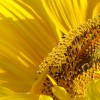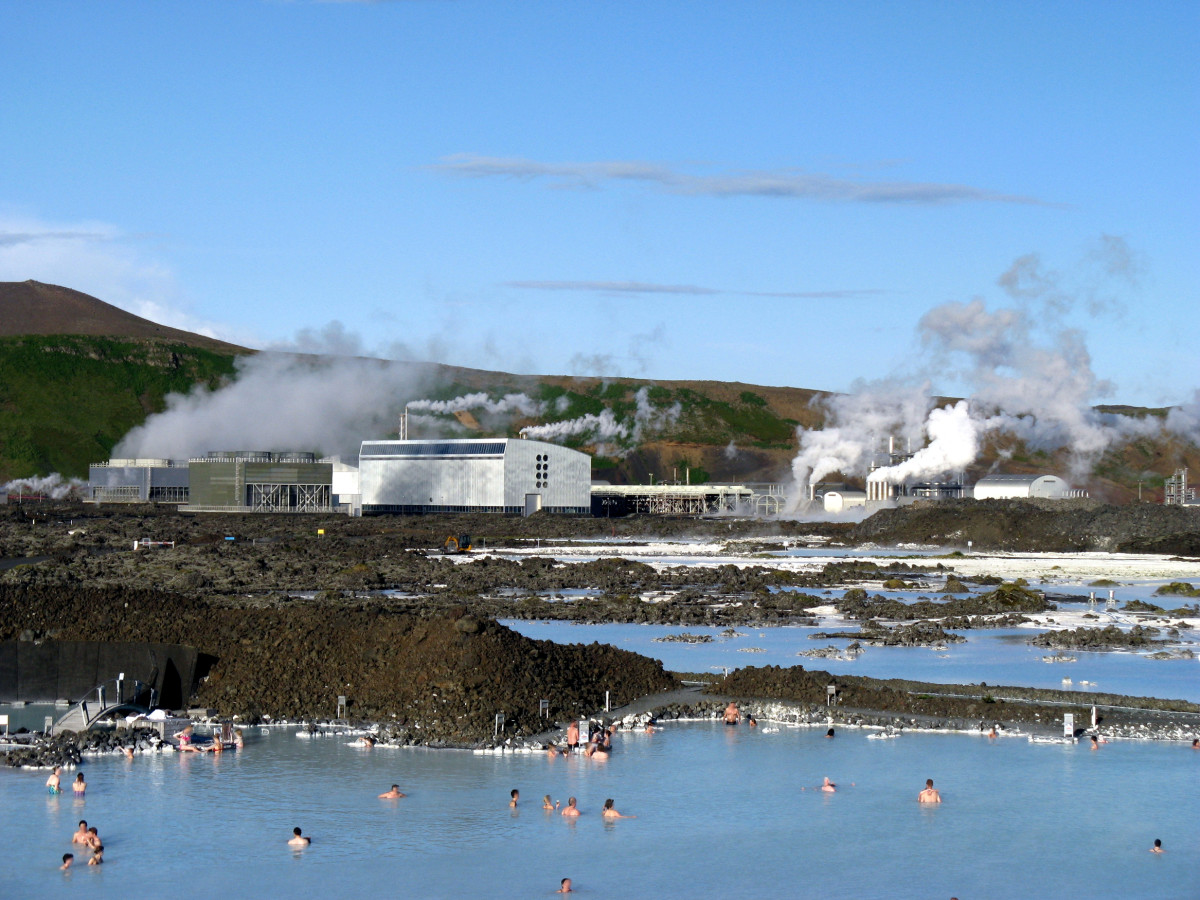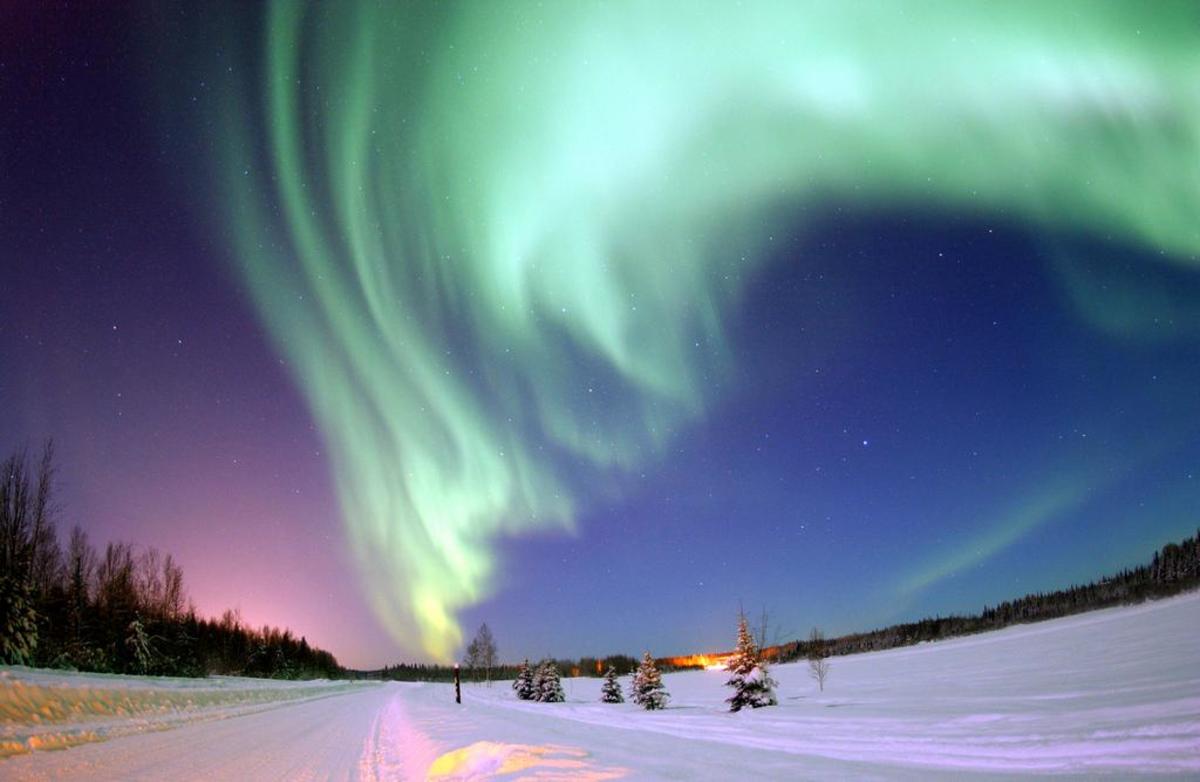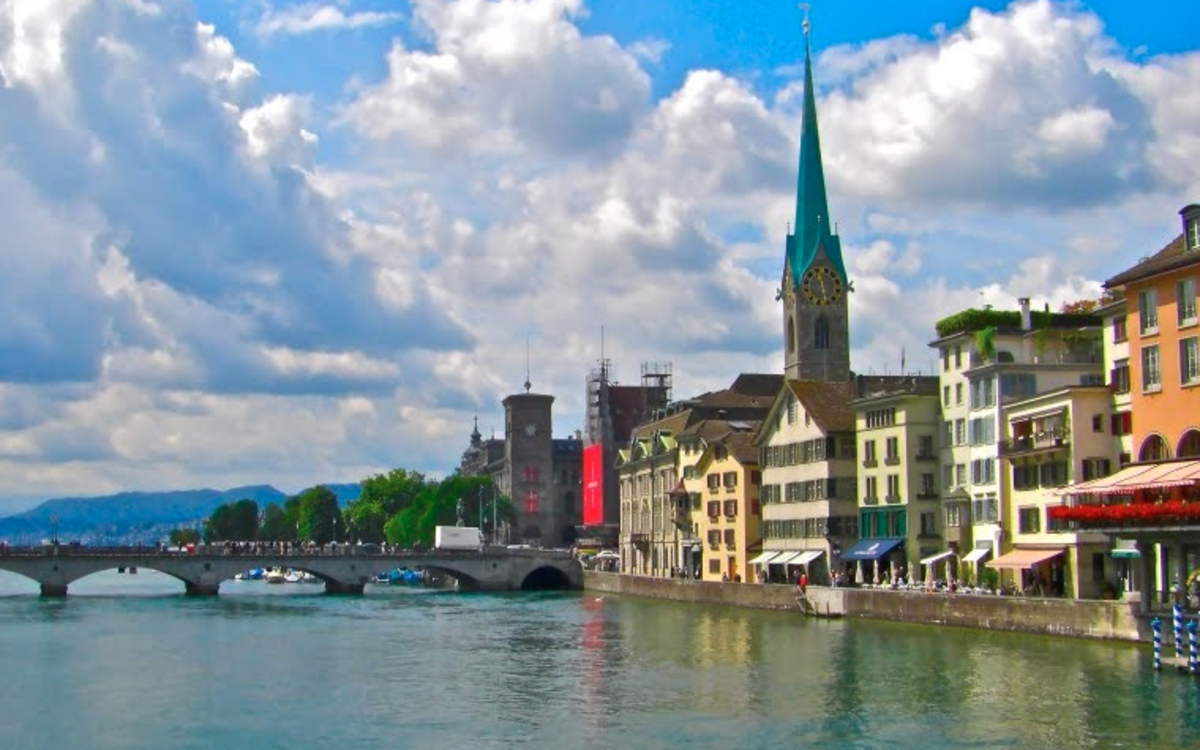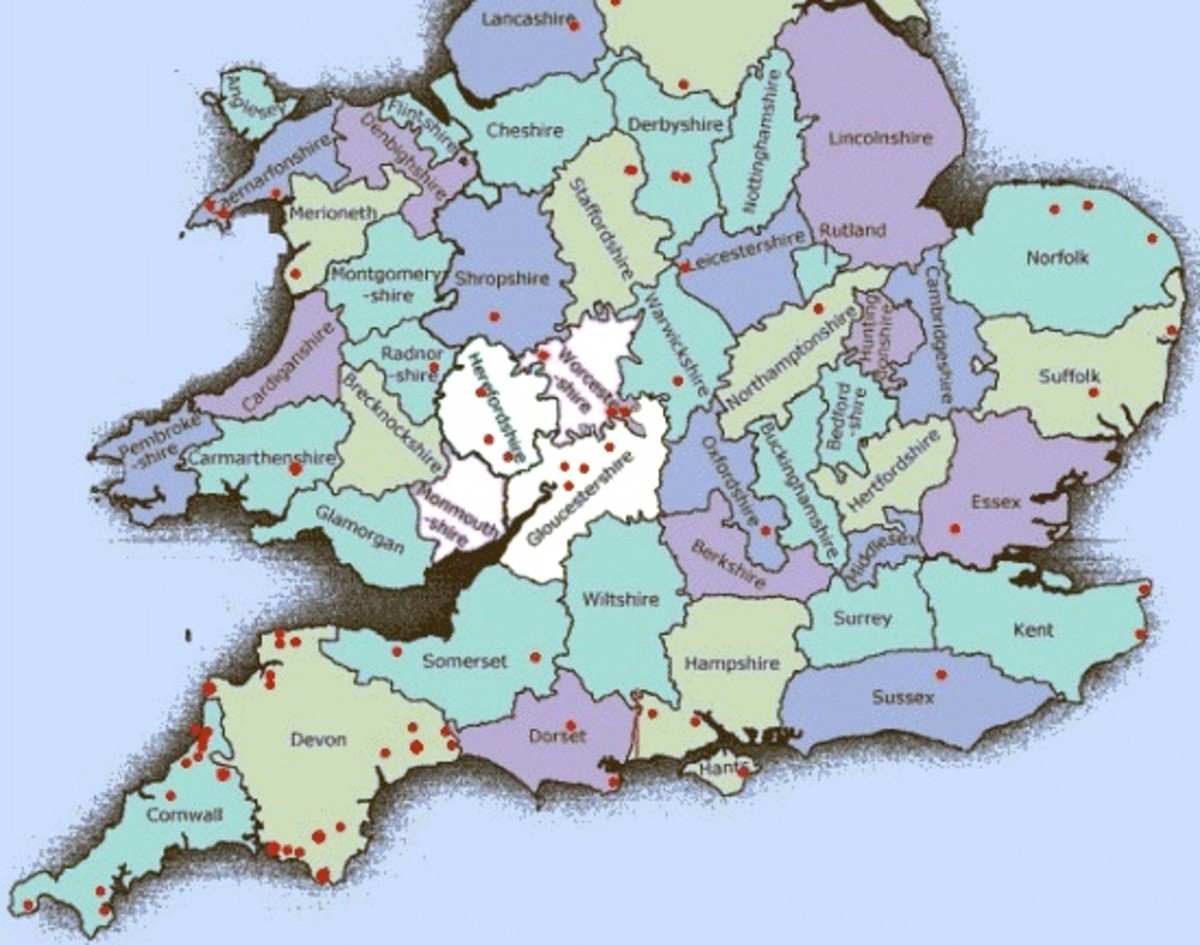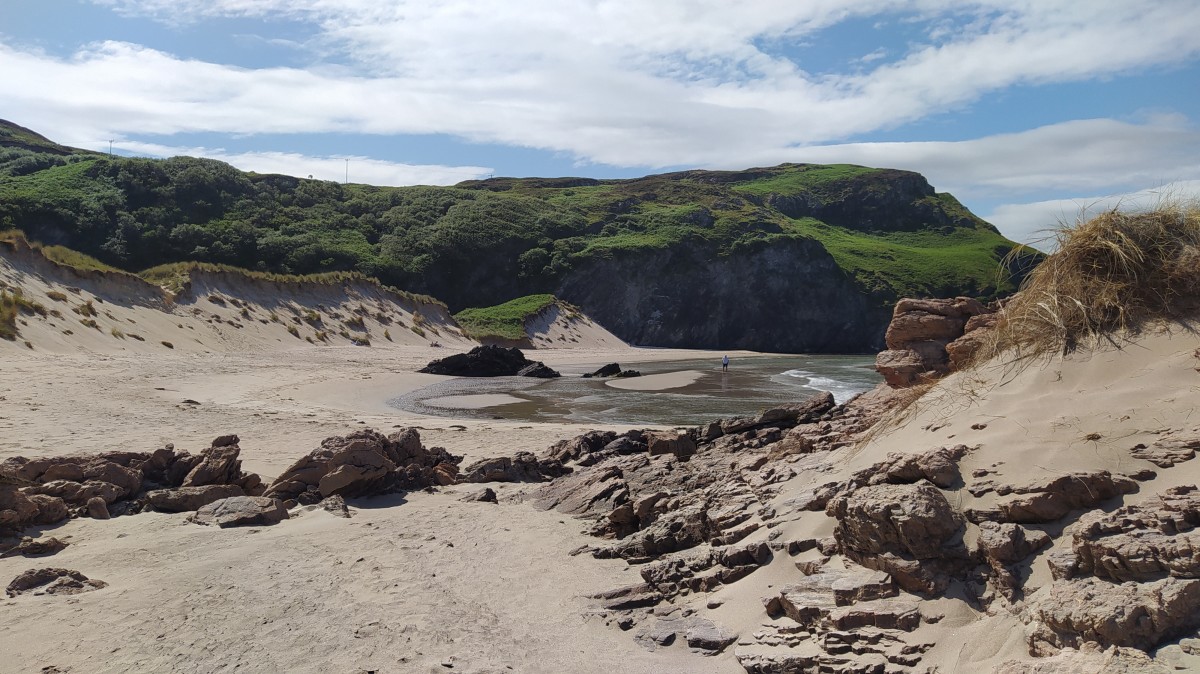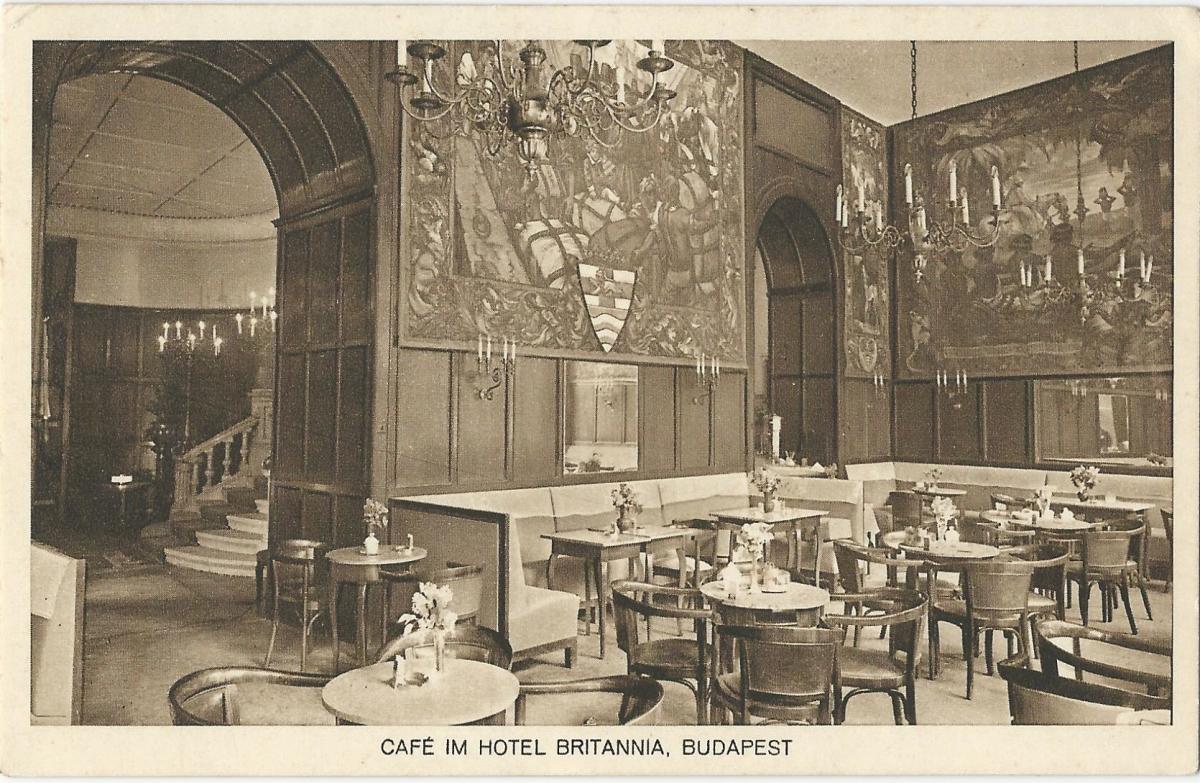Things to Do and See in Iceland.... Go!

"Iceland? Why would we ever go to Iceland?" Was my first reaction to the thought of spending our next vacation in a place that wasn't Rome or Paris or a dozen other places that I wanted to visit. "To see the Northern Lights , of course!” Of course ... and the adventure began. As our plans began to take shape, Iceland quickly became a place that we very much wanted to visit. And, as the days drew closer, our exitement grew and we could not wait for our journey to begin.
Iceland traditionally follows the Norse calendar recognizing two seasons, winter and summer. The contrast between them is dramatic, one filled with darkness and one filled with daylight. The “coming of the sun” in April when the country celebrates of the First Day of Summer is a national celebration, and as the Northern Lights are still visible then, we settled on mid-April as the time to visit. And though the temperature barely reached above freezing, it snowed, rained, sleeted (or some combination of the three), the wind was incredibly strong and non-stop, and we DID NOT see the Northern Lights…. our trip to the Land of Fire and Ice was amazing!
A fun video ...
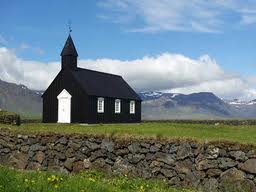
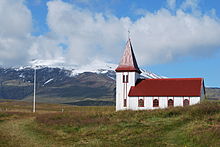
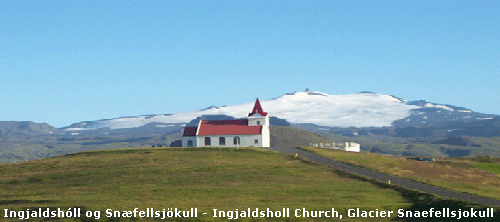
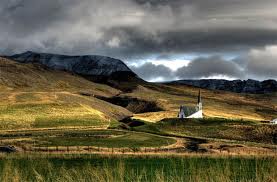
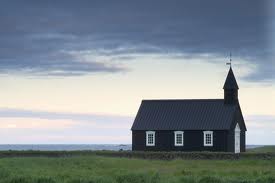
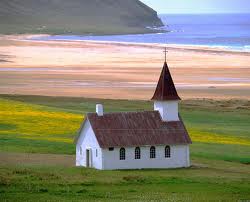
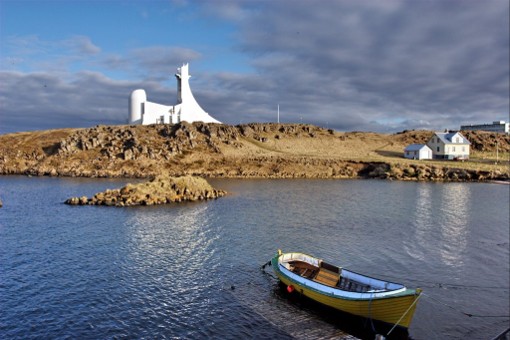
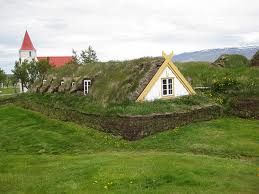
Breathtakingly Beautiful Landscapes
Though our own American astronauts have visited Iceland to familiarize themselves with the Icelandic “moonscape”, Iceland is captivating in its sheer beauty. Experiencing the stark contrast of the volcanic rock “sculptures” against the sky, the wide open vistas punctuated by glacial peaks, and the quiet cottages in the shadow of great volcanic cliffs brings a sense of awe that will stay with you long after you have left Iceland. We drove through valleys surrounded by snow covered mountains, over volcanic rock lowlands bordered by black-sand ocean beaches on one side and glaciers on the other, walked along the side of a glacier, behind a waterfall, and right up to the mouth of a volcano. With its raw, dramatic landscapes, carved by glaciers and volcanic eruptions, Iceland is an endless feast of natural wonders and inspiring in a very personal way.
The contrast between the natural and the manmade create uniquely beautiful and overwhelmingly picturesque scenery. A single house set at the crest of a hill, a farm spreading out below a waterfall, and, as if placed to emphasize the grand scale of the surrounding landscape, tiny churches. Everywhere! Set on rocky ledges at the water's edge, nestled into desolate valleys, and on high overlooks set at a distance from the nearest village. Beautifully simple structures they were all slightly different. Small in size, holding less than 50 people, they would suddenly appear around a bend in the road or were visible for miles in the distance as we approached them. All seemed to have dropped out of the sky and quickly became a "find" as we travelled the countryside. With "There's another one!" interrupting our "troll" songs and preceding many of our frequent stops as we tried to capture the magnificance of the landscape in photographs.
Ease of Travel
When everything is a hassle you’re not having fun. Not one to expect perfection, I go by the theory that if nothing goes wrong you don’t have any good stories when you get home, but one of the pleasures about traveling to and around Iceland was that it was easy. Our group, all family, ranged in age from six to eighty-one and there were no struggles. OK, so Nana chose not to join the rest of us for a morning ride on the famous Icelandic Horses, but it wasn't due to any age or ability restrictions.... and she did just about everything else!
With Icelandair’s reasonably priced, direct flights from many major cities (Boston,USA; London, UK; Paris,Fr; etc.), Iceland is easy to reach. The airline offers a variety of travel packages and, though we chose to make our own arraignments, the representatives at the airport in Reykjavik were extremely helpful. We enjoyed the Icelandic films on the flight, too! They were great with beautiful (and now familiar) scenery and really funny story lines.
We met our rental car agent at the airport and headed out into a blizzard onto extremely good roads. We found the roads all clearly marked and, as there is one main road (Route 1) that rings the entire island, it was pretty easy to not get lost. Even so, we did manage it and discovered the real surface of the moon with spongy, volcanic rock fields that were pretty cool!
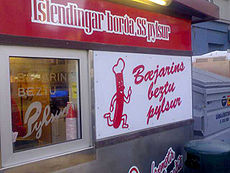
Because we travel on a budget, we frequently picnic along the way and keep a supply of "road-food" available at all times. We found everything we needed in the local supermarkets. (Bonus seemed to be the most common, look for the giant pink pig!) Though imported items were expensive, as predicted, local foods were reasonably priced and there were some interesting things to try. The local cheeses were delicious and we loved “skyr”, a unique Icelandic dairy specialty. Somewhat like yogurt, "skyr" is actually a fresh cheese, it comes in many flavors and forms and we had it several times a day. The country also has a plentiful supply of fresh vegetables, thanks to the thermally heated greenhouses that dot the island, and they were inexpensive, fresh, and flavorful, which was a really nice surprise. For quick sandwiches and breads the small bakeries were good and the favorite Icelandic fast-food, pylsa, is worth a try. Actually a beef, pork and lamb hot dog, we ordered our pylsa "ein med ollu" ("one with everything"... ketchup, spicy mustard, crunchy fried onions, raw onions, and remoulade sauce) and they are pretty good. The famous (Bill Clinton, Ella Fitzgerald, and Metallica to name a few!) have visited Baejarins Beztu (Best in Town), a small pylsa stand near the waterfront in Reykjavik with very long lines, but we had them elsewhere too and, even at a remote gas station, they were good!
Reykjavik, the Capital
Several locations throughout the city, our apartment was on Vatnsstigur. It was spacious, clean, w/ parking and a view of the mountains across the bay
One of the city's best-known landmarks and visible throughout the city. Go up the tower for the best view of Reykjavik and the surrounding mountains.
A wealth of Icelandic history and culture as well as the original manuscripts of the Icelandic Saga and Eddas.
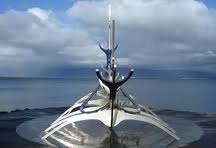
Vibrant Villages and Quaint Homesteads
We travelled throughout the southwestern section of Iceland, as far east as Jokulsarlon, known as “the lagoon”, and as far west as the northern-westernmost section of the Snaefellsnes peninsula. Each town was memorable and many of the “villages” were just simple homesteads or farms along our route.
Reykjavik, the capital, has everything any national capital offers, but with a backdrop of snow-capped mountains, an ocean at its toes, a wide variety of public art, and a vibrant nightlife and music scene, it somehow still has the feeling of a small village. The active waterfront with it’s fishing fleet and markets, narrow, winding streets of colorful traditional homes and numerous small coffee houses and museums are a contrast to the gleaming concert and conference center, Harpa, recently opened at the harbour's edge. The city is clean, trendy, walk-able and friendly, and was a good base for our day trips to the southwestern parts of the country. While in Reykjavik, we rented an apartment from Welcome Apartments and the accommodations were more than adequate. The location was perfect for both wandering the city on foot and heading out to the countryside, as we were within the city center and only a block or so from the ring road that leads out of town. With a full kitchen, plenty of space, a view of the mountains across the bay, and just a short stroll to the Saebraut Sculpture and Shore Walk with Jon Gunnar Arnason's Viking boat sculpture, Solfarid , the convenience of the apartment, and its location, definitely added to the enjoyment of our stay.
While in Reykjavik we visited several scenic and historical sites and walked the city soaking up the sites and sounds of it. We visited the Perlan , built on top of hot water storage tanks on a hill overlooking the city. It is set in a sculpture garden and houses the Saga Museum , an exhibition space, shops, a restaurant and an observation deck with a view over the city and out to sea. A visit to the Vikin Maritime Museum gave us a chance to tour an Icelandic Coast Guard ship, the Odinn , and learn about the "Cod Wars". The museum's exhibits offer hands-on learning about Iceland's relationship with the sea, and there is an exhibit of wonderful maritime art on display. We enjoyed our visit to Hallgrimskirkja , the landmark Lutheran Church that dominates the city skyline where we celebrated the First Day of Summer, in driving rain and high winds, with the congregation. Designed to resemble volcanic rock formations, the imposing structure has an impressive pipe-organ that filled the simple interior with its music. There is an elevator to the top for a sweeping view of the city and the mountains, beautiful sculpture and stained glass windows within, and a statue of Leif Eriksson, "the first European to travel to America" presented to Iceland by the USA in 1930, out in front.
A Reykjavik Welcome Card can be purchased at the Visitor’s Centers and at most attractions for 24-72 hours of use. The card allows unlimited use of city buses, discounts in shops and restaurants, free admission to Reykjavik’s thermal pools (there are seven, some indoor) and many of the museums and attractions within the city. We found it to be a pretty good deal as we swam at the Sundhollin thermal pool and visited the Vikin (both for free), and received discounts for the Elding Whale Watching tour, at 66° North clothing shop and at a great, all-you-can-eat seafood buffet across from the Maritime Museum just for showing the card, even though they weren't on the list.
Hveragerdi, known as a greenhouse village, is located in the south-west in an area with a lot of geothermal energy. Geothermal and hydro power supply around 80% of Iceland’s total energy and in most small towns we passed public, geothermally heated swimming pools (easy to spot by the streams of steam coming from them). This area is home to quite a few small hot springs, many right in the town of Hveragerdi where there is a free Geothermal Park that you can wander around in and get up close to about a dozen hot springs. The valleys just above Hveragerdi are beautiful and the road surprises with glimpses of the distance ocean around every turn.
Vik, a village on the southern coast, known for puffins, black sandy beaches and strange rock formations off its coast. Legend has it that these formations, the Reynisdrangar Sea Stacks , were formed when three trolls, attempting to drag a three-masted ship to shore, were struck by daylight and turned to stone. From Vik we travelled around the coast, the Myrdalsjokull and Vatnajokull glaciers, and as far east as Jokulsarlon . Within view of the Stacks , the Country Hotel Hofdabrekka was a good choice as our southern base.The family-run inn had rooms that were pretty basic but clean and warm and with a great breakfast included. The staff was really nice and a soak in the thermally-heated outdoor hot tubs (that we enjoyed during a white-out, in bathing suits and ski hats!) was a wonderful way to end each day.
Borgarnes, reached by way of a tunnel (5.762m in length) under the Hvalfjordur (Whale Bay) Fjord, is a pretty little town en-route to the Snaefellsnes peninsula. The Settlement Centre here, a small museum of Icelandic culture, is a nice stop. Housed in a restored warehouse by the harbour, the museum utilizes some surprisingly high-tech multi-media and theatrical techniques to help visitors experience first hand the fear and excitement of setting off for and settling in an unknown land.
- Visitors - VisitReykjavik
The official tourism website of Reykjavik capital area - Welcome Apartments | Home
Welcome Apartments - Great hotel apartments in downtown Reykjavik, Iceland. - Hotel Hofdabrekka - Home
Höfðabrekku 871Vík(354)487-1208 hotel@hofdabrekka.is In a scenic, convenient location 72 en-suite double rooms(TV and wireless internet), restaurant(great breakfast), bar, outdoor hot tubs... enjoyed our stay!
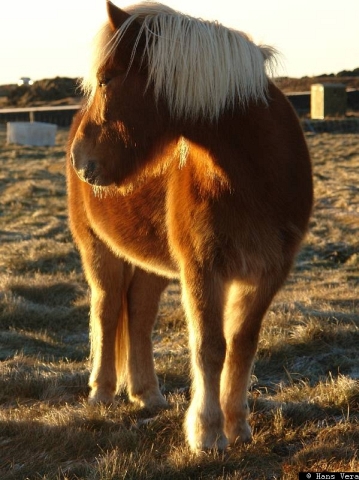
- Laxnes Horse Farm~top quality riding experience
Mosfellsbær, 271 Mosfellsbær, Iceland +354 566 6179 () +354 660 0631 (Mobile) Founded in 1968 and only 20 min from Reykjavik they offer a top quality riding experience every day, all year. - Elding Whale Watching Reykjavik - Eco friendlier tour
elding@elding.is and hafsulan@hafsulan.is Tel: (+354) 555 3565 & (+354) 533 2660 Ægisgarður 7 101 Reykjavík - Blue Lagoon Geothermal Spa
240 Grindavík - Phone +354 420 8800 Located mid-way between Reykjavik and the airport, this not-to-be-missed geothermal spa offers skin care products, in-water spa treatments, and massages.
So much to do...
We managed to fit quite a lot into our trip, but there is so much more that Iceland has to offer. Maybe next time, but for now we have great memories of...
HORSEBACK RIDING A five-gaited breed with a smaller, rugged body the Icelandic Horse is a thing of beauty and they were everywhere. Watching hundreds run across open fields, their mane blowing in the wind, felt so primitive and raw and it was a stunning sight to behold. We spent a morning riding at Laxness Farm, just outside of Reykjavik. They provided us with a really great ride up into the surrounding hills. The horses at this family-run farm are well cared for, the people warm and friendly, and we enjoyed the offered warm drinks and pastry after a wonderful ride in the snow.
WHALE WATCHING Because the weather was so stormy we chose Elding, one of the bigger whale watching organizations operating out of the old harbor in Reykjavik. Their boats seemed to be larger and we felt that it would be safer and less likely that the trip would be cancelled. They also have an on-line “whale watching” diary and reported seeing whales everyday while we were there. It was rough, and very cold, but the one-piece snowsuits that the boat supplied made it possible to stay out on deck the entire trip. The guide was informative and we saw lots of sea birds ( gannets, puffins, guillemots, cormorants, and gulls), minke whales swam right up to the side of the boat, and a group of harbor porpoises played around the boat for most of our 3 hour trip.
THE BLUE LAGOON There are other geothermal spas around the island but we could not resist the pull of the Blue Lagoon and the experience was amazing! Out on the Reykjanes peninsula, close to the airport, we packed up and arrived there early on the day that we were leaving. The place is plush and very high-tech but without any pressure to purchase the many amenity options and we just opted for a soak in the warm, mineral water. The steaming pool is very spacious, wasn’t crowded and the “lifeguards” in bright yellow, over-all snowsuits added to the surreal scene. Covered in the silica mud provided, I could have stayed under the steaming waterfall forever. At about 30 EUR for each adult (kids were free) it was worth it… we had a tough time getting everybody out of the water in time to make our flight!
GLACIER TOURS/WALKS As the Vatnajokull glacier comes almost to the ring road in some places it is easily accessible by foot. We checked at the nearby visitor center in Skaftafell National Park and were given a “foot” map that led us to a path where we could safely walk along the edge of the glacier. It was incredible to be able to see the blue ice and to hear the cracking of it! There are plenty of tour operators who will take visitors walking on the glaciers but we were satisfied with our self-tour and a chance to get so close to the largest glacier in the country.
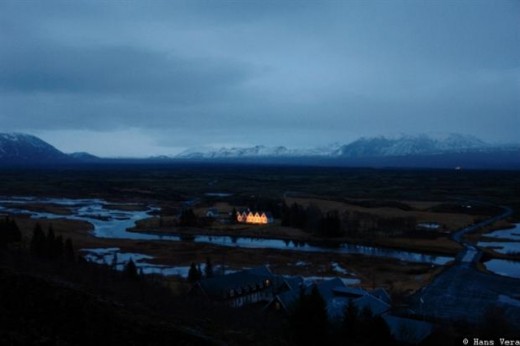
THE GOLDEN CIRCLE With Pingvellir, Geysir, and Gullfoss so close together it is very easy to see them all in one day and there are plenty of companies offering tours. The freedom of our car allowed us the time to visit and explore each at our own pace. At Pingvellir, Iceland's most famous historic site, where their general assembly first met in A.D.930, we actually stood with one foot on each of the tectonic plates that are slowly pulling Iceland apart. We explored the visitor center, wandered the grounds viewing the historical markers, and visited the shores of the lake. At Geysir, we walked the entire geothermal field surrounding the world-famous spouting hotspring, witnessing several eruptions, and explored the surrounding countryside on our way to Gullfoss (Golden waterfall). Gullfoss is truly spectacular! This two-tiered waterfall, supposedly saved from becoming a hydroelectricity plant when the owner's daughter threatened to throw herself into it, is the country's most popular tourist attraction but we visited late in the day and it was all ours. As you approach the falls your view of the narrow crevice is obscured and the river Hvita (White River) appears to vanish into the earth. From the viewing deck and trails, taking you right along the edges, you fully experience this beautiful and powerful waterfall, and as we had it all to ourselves, our experience was magical.

WATERFALLS (FOSS) Unusually suited for waterfalls with frequent rain, snow and glacier melts feeding the rivers and streams, Iceland is home to many. Gullfoss is a natural wonder that stands above the rest but, the many other waterfalls viewed during our travels were just as awe inspiring. Travelling along the southern coast we stopped at quite a few. Seljalandsfoss a "bridal veil" waterfall has a loop-trail that goes behind the falls, giving you a unique perspective, we got drenched on the muddy trail and it felt great! Foss a Sidu, just east of Kirkjubaejarklautur on our way to the Lagoon, isn't one of the largest waterfalls but it appears to drop directly on top of the town of Sidu, adding a touch of drama as we approached. Svartifoss was one of the most memorable for us as we reached it by hiking from the Skaftafell Visitor's Center, along the uphill trail in a snowstorm. Notable for the hexagonal basalt columns around it, Svartifoss has a "cathedral" feeling to it, the snow added to the experience and it was well worth the climb. (The "tops" of similar basalt columns can be seen outside of Kirkjubaejarklaustur, on the southern coast, in an area called Kirkjugolf (Church Floor). Once believed to be man-made, this basalt "floor", formed by a mix of lava and ice, resembles neat hexagonal-tiles.) Skogarfoss, located just off the Ring Road, was probably my favorite waterfall. The trail along the bottom brings you very close to the pool, but the trail (and staircase) just to the right of the falls brings you to the "top of the world" and along a path that travels the Skoga River. We hiked up and along the top and sat for awhile looking out over the countryside, at the distant ocean, watching the water tumble down, the birds that circled around and nested on the sides of the falls, and horses running in the fields just below us.
HOT SPRINGS, GEYSERS, AND MUD POTS Though Geysir may be the most famous, there are hot springs all over Iceland. Travelling between Reykjavik and Hafnarfjordur along the Hengill Plateau, the second most powerful geothermal area on earth, you can find thousands of hot springs and steaming vents. We also visited Lake Kleifarvatin and the Seltun Hot Springs on the Reykanes peninsula and, though four-wheel drive is recommended, our all-wheel drive minivan did just fine reaching these remote hot springs and mud-pots on rugged terrain and over roads of volcanic ash. With its mud pots, fumaroles, and mineral deposits that provide colorful sediments the area is really interesting and worth exploring. There is a boardwalk with informational plaques leading you through and you are close enough to examine the layers of sediment and touch the water. (There is camping close by and an old Icelandic church and, on the road leading along the coast to the fishing port of Porlakshofn, we experienced another, completely different landscape, stark with scrubby bushes and populated with holiday homes by the sea.)
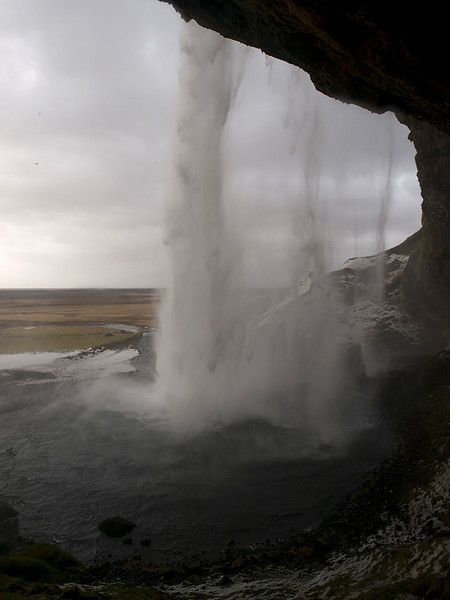
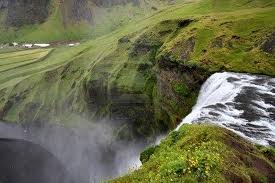
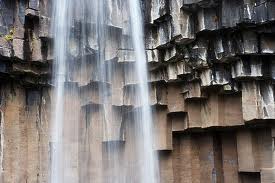
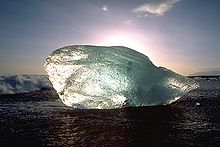
JORKULSARLON (Glacier Lagoon) Not to be missed! This iceberg-filled lagoon formed by the receding glacier provided us with an unparalleled experience. The huge, milky-white and bluish icebergs, moving slightly with the current, seem almost ghost-like. While at Jokulsarlon, the sun broke through gray skies for the one moment of sunshine during our entire trip and the entire scene was flooded with an amazing, sparkling light. It was breathtakingly beautiful! Before leaving the area, and in wind so strong that we headed into it at a 45 degree angle, we walked across the road to see icebergs, the size of cars, that had floated out of the lagoon and onto the black-sand beach, where they were rocking in the surf!

SNAEFELLSNES PENINSULA Dominated by the Snaefellsjokull glacier and immortalized by Jules Verne in Journey to the Centre of the Earth, this area is believed to have magical and healing energy and be a meeting place for aliens. We didn't see any aliens but the magical beauty certainly seemed to have healing powers! Rock arches, such as those at Arnarstapi (Eagle's Cliff) a pretty harbor town in the southwestern section, add to the mystical quality and poets, writers, and artists have come here searching for inspirational energy. This stretch of coastline, from Budir , a town believed to be haunted and with the prettiest little, black church, westward and around the tip of the peninsula, afford you views of the glacier, distant waterfalls, unique rock formations, unique lighthouses (many painted bright yellow) and the open ocean. Most of this area has been declared a protected site, including the National Park with its remnants of old fishing villages, and there are hiking trails connecting a number of historical sites and nature spots. We discovered an "elf" cave nearby, allowing us access to explore a little of the "underworld". High and rocky (very different from the southern coast where the road travels over lava fields that fan out to the ocean) with lurking "trolls" around every bend, the road opens to incredibly scenic high points.
VOLCANOES In a unique setting, with the Eurasian and American tectonic plates crossing it, Iceland is a vulcanologist's dream. And though Eyjafjallajokull , the volcano completely covered by an ice cap that erupted in 2010 after having been dormant for almost 200 years, has received a lot of attention lately, volcanic "activity" is reported on a daily basis in Iceland. In our travels we hugged the base of Oraefajokull along the road to Jokulsarlon, stayed in Vik, in the shadow of Katla , drove into the valley between Eyjafjallajokull and Tindfjallajokull, traveled out of Selfoss along a volcanic ash road that took us within 5 miles of Helka, (Iceland's most active volcano which erupts about every ten years or so and was once believed to be the Gate to Hell), and within 2 miles of Hengill on the road from Rekjavik to Pingvellir. We spent time between Brennisteinsfjoll and Krisuvik while exploring the hot pots at Lake Kleifarvatn (less than 2 miles from each), and rounded Snaefellsjokull coming within a mile of Lysuholl and Ljosufjoll while on the Snaefellsnes peninsula! We were close to all of these volcanoes and we weren't even trying! We also followed a small "point of interest" sign, pulled off the road and walked up to look into the water-filled crater of a small, dormant volcano while traveling near Hvalfjordur. Really amazing!
The History, the Culture, and the People
MORE INFO...
The history, legends, and stories of the Vikings are still alive and well in Iceland. Many of the traditions have survived and the Culture House and The National Museum, both in Reykjavik, are great places to become familiar with their origin and with the country’s history. Our collective knowledge of Iceland’s past was very limited prior to planning our trip. Icelander Erik the Red settling in Greenland and his son Leif Eriksson having travelled to North American before anybody else was about it. Just a taste of the rich, Icelandic culture and we were fascinated. The belief that Christopher Columbus, having heard of Leif’s discovery of Vinland, was a visitor to Iceland in 1477 and possibly developed his own daring idea during that visit really caught our interest and "everything Viking" was fun.
You can immerse yourself in the Saga stories, detailing Viking voyages, battles and feuds with tours specifically designed for this or by visiting some of the cultural sites around the country. The Sagas are pretty interesting, particularly as you can actually go to some of the places where the battles and other events took place and the landscape has changed very little. We discovered the Runes , an ancient and mysterious alphabet that is part of the Sagas , as these symbols were referred to in readings and displayed at various sites. Odin, the Norse God of war, poetry, wisdom, and magic, is believed to have hung from a tree for nine days and nights to gain the "knowledge of the Runes" and when they appeared to him they gave him power. The belief that carrying these symbols with you and focusing on their meaning will evoke their ancient, magical powers seemed to be commonplace. Of course, not wanting to challenge the Gods, we took these beliefs to heart and began carrying these Viking symbols with us, too!
We also loved the story of Pytheas , believed to have visited Iceland in 330 BC. He named the island Thule and documented it's location as "6 days north of Britain and one day from "the end of the world"!
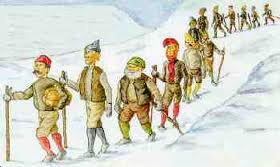
Fit, sophisticated, modern, relaxed, and very proud of their heritage, the people that we met in Iceland were warm, friendly and demonstrated their willingness to show us their country at its best. They are known for their holidays and celebrations (Reykjavik's "pub crawls" are legendary), laugh easily, and were very happy to share their history, their personal stories, and some funny quirks about life in Iceland:
ð With a population of only around 300,000, it was not surprising to learn that "genealogy" searches are popular and that many of the young Icelanders marry "foreigners", as the fear of engaging with ones "cousin" is real.
ð We met men and women farmers and fisher"men" (There were paintings in the Maritime Museum of women as sea captains years ago!) and saw evidence of equality in the city and out in the country.
ð The common belief in the existence of elves (roads have actually been re-routed so as not to disturb the elves living in the area) was evident and after traveling the country-side it is easy to believe there are "hidden folk" living in the rocks and cliffs. There is actually an Elf School in Reykjavik!
ð The Icelandic "specialty" foods, Slatur (sheep's internal organs), Hakarl (rotten shark), Hardfiskur (dried fish, which we actually saw school kids eating as a snack), Skyr (the yogurt-like, milk product that we loved), and Pylsa were interesting and different.
The volcanic rock formations piled everywhere, have certainly added to the legends of trolls and elfs, the moss covered rocks do actually look like hooded trolls peeping out. Stories of the Yuletide Lads, with names like Window Peeper (Gluggagaegir ), Door Slammer (Hurdaskellir ), and Candle Beggar (Kertasnikir ), were entertaining and the celebration of St. Thorlak's Day (December 23) sounded interesting. The celebration includes eating putrid "skate" (fish) washed down with Brennivin , or "Black Death Schnapps", a nasty schnapps made from potatoes and flavored with caraway. We did add some of the Icelandic traditions to our Christmas celebrations this year, though St. Thorlak was celebrated without the traditional food and drink (herring worked just fine), and we put shoes on the windowsill for the Lads to fill with goodies!
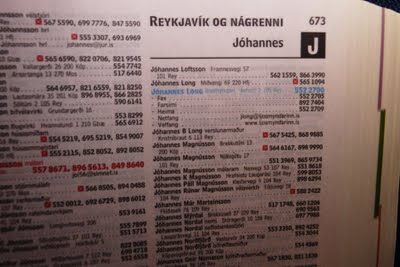
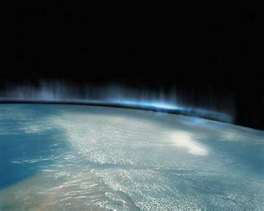
ð The Icelandic tradition of giving children a last name is unique. This practice, based on a system from the time of the Vikings, takes a father's first name and adds "son" or "dottir" to it for a last name (Asdis, daughter of Johann would be Asdis Johannsdottir, Arinbjorn,his son would be Arinbjorn Johannsson) is still followed by most Icelanders and first names must be chosen from the list approved by the Icelandic Naming Board.
ð And, as most in Iceland are known by their first name, the Icelandic phone books list everyone that way; their first name, then last, then address, occupation (to set you apart from the other Asdis Johannsdottirs) and then the phone number!
ð Of all modern languages Icelandic is the closest to Old Norse, a medieval language, as it has changed little over the last 1000 years. A "linguistic" policy created by the Icelandic Language Committee dictates that instead of adopting new (or foreign) words into the Icelandic vocabulary, new words are created or old words are given new meaning. Examples such as tolva, for computer, and thota, for jet, have become common. All linguistic "rules" aside, the language sounds beautiful and we enjoyed hearing it in the streets, stores and churches.
An amazing place....
Had we been able to spend more time in Iceland we certainly would have visited the Westfjords, noted for bird watching with its colonies of puffin and Razorbill, and Husavik, the Whale Watching Capital of Europe, and toured the northern coast with its remote small towns and unique beauty.
But this trip to Iceland brought us to a place that was amazing! A place of spectacular landscapes, fascinating legends, incredible experiences, friendly people, and shared memories of adventure and laughter that will stay with us for a very long time. We have adopted new names (now our father's dottirs and ssons) and some new traditions and find ourselves still wondering about the Northern Lights while we dream of returning to the place "six days from Britain and one day from the "end of the world"!
- Iceland's Volcanoes: Katla, Eyjafjallajökull, Laki
Three Iceland volcanoes of past, present, and future: the eruption of Eyjafjallajökull in 2010, the possibly imminent eruption of Katla, and the exceptional eruption of Laki in 1783 that was perhaps the worst natural disaster in the last 1000 years. - The Icelandic Horse-Gift from the Vikings
Norse Vikings brought the Icelandic horse to Iceland in the ninth century. For those early settlers the horse was indispensible and the relationship forged then between Icelaners and their horses continues to this day.

